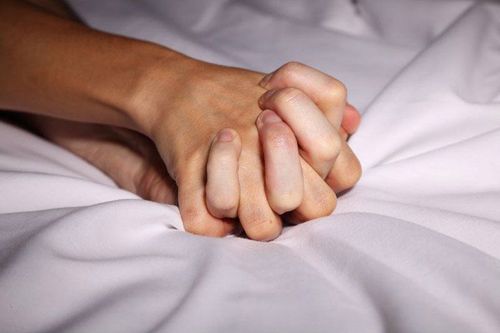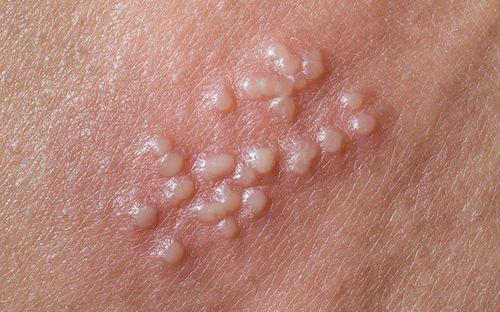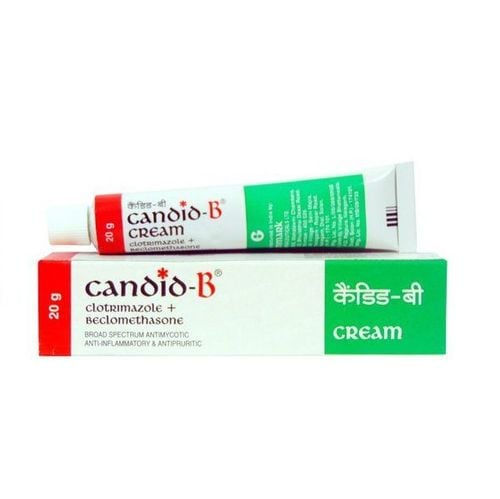White pubic hair is an uncommon phenomenon. However, it carries potential risks such as fungal infections in the genital area or damaged pubic hair follicles. It is crucial to understand the causes and take timely measures to diagnose and prevent sexually transmitted infections.
1. Changes in the Body Due to Aging
As the body transitions from adulthood to old age, it undergoes various changes, primarily due to the slowing of metabolic processes. Chronic pain and physical signs of aging, such as graying hair, become more frequent as one ages.
While graying hair is common, if other body hair, including pubic hair, turns white, it could signal an underlying health condition. Although rare, the occurrence of white pubic hair should not be ignored.
2. Main Causes of White Pubic Hair
People often notice graying scalp hair because of daily grooming habits. In contrast, pubic hair is less frequently observed, often overlooked due to busy routines.
White pubic hair typically results from changes in melanin, the pigment responsible for hair color. As people age, melanin production declines or stops entirely, leading to graying or whitening of hair, including pubic hair.
Graying can occur at different ages, influenced by genetics. Some may notice gray hair in their 30s or 40s, while others experience it in their teens or 20s. If early graying runs in the family, you may be predisposed to it.
While gray hair signals natural aging, an unhealthy lifestyle can accelerate its onset. Smoking and chronic stress are known to hasten hair graying.

3. Health Issues Associated with White Pubic Hair
White pubic hair is not inherently alarming, especially in older individuals. However, if accompanied by other abnormalities, it may indicate underlying health concerns. Consult a physician to investigate and address possible causes, including:
- Vitamin B12 Deficiency
White pubic hair can signal a vitamin B12 deficiency, which is linked to pernicious anemia. Adequate vitamin B12 intake is essential for producing healthy red blood cells. Deficiency can affect hair follicles, leading to hair color changes, as well as symptoms such as fatigue, peripheral neuropathy, and irregular heart rhythms.
- Vitiligo
White pubic hair may be a symptom of vitiligo, an autoimmune condition that results in the loss of skin pigment. This condition can cause white patches of skin, including in the pubic region. Diagnosis typically involves blood tests and skin biopsies to confirm or rule out autoimmune conditions.
- Fungal Infections (White Piedra)
White piedra, a fungal infection, can cause pubic hair to turn white. If untreated, the infection develops white nodules that adhere to the hair shaft. The fungus can also affect eyebrows, eyelashes, and scalp hair. Prompt diagnosis and treatment with antifungal medications are essential.
- Pubic Lice (Crab Lice)
Pubic lice may cause discomfort, itching, and irritation in the pubic region. These tiny parasites can attach to pubic hair, although they are not directly responsible for changing its color. Pubic lice often spread through sexual contact and thrive in the area’s natural pH environment.

4. Treatment Guidelines for White Pubic Hair to Prevent Sexually transmitted infections
If white pubic hair is due to natural aging, intervention is limited. Focus on maintaining a healthy lifestyle and avoiding harmful substances like tobacco and alcohol to slow hair graying.
For vitamin B12 deficiency, options include supplementation via injections, oral medications, or dietary adjustments. Foods rich in vitamin B12 include cheese, dairy products, poultry, and meat.
If you have vitiligo, you may use topical medication, seek medical intervention, or even undergo surgery. For fungal infections, antifungal medications and topical treatments can be used to inhibit growth. Pubic lice can also be treated with medicated lotions or inhibitors to eliminate them.
White pubic hair may result from natural aging or underlying health issues. To ensure safety and appropriate care, consult a healthcare professional for diagnosis and treatment.
To arrange an appointment, please call HOTLINE or make your reservation directly HERE. You may also download the MyVinmec app to schedule appointments faster and manage your reservations more conveniently.
Reference source: healthline.com












